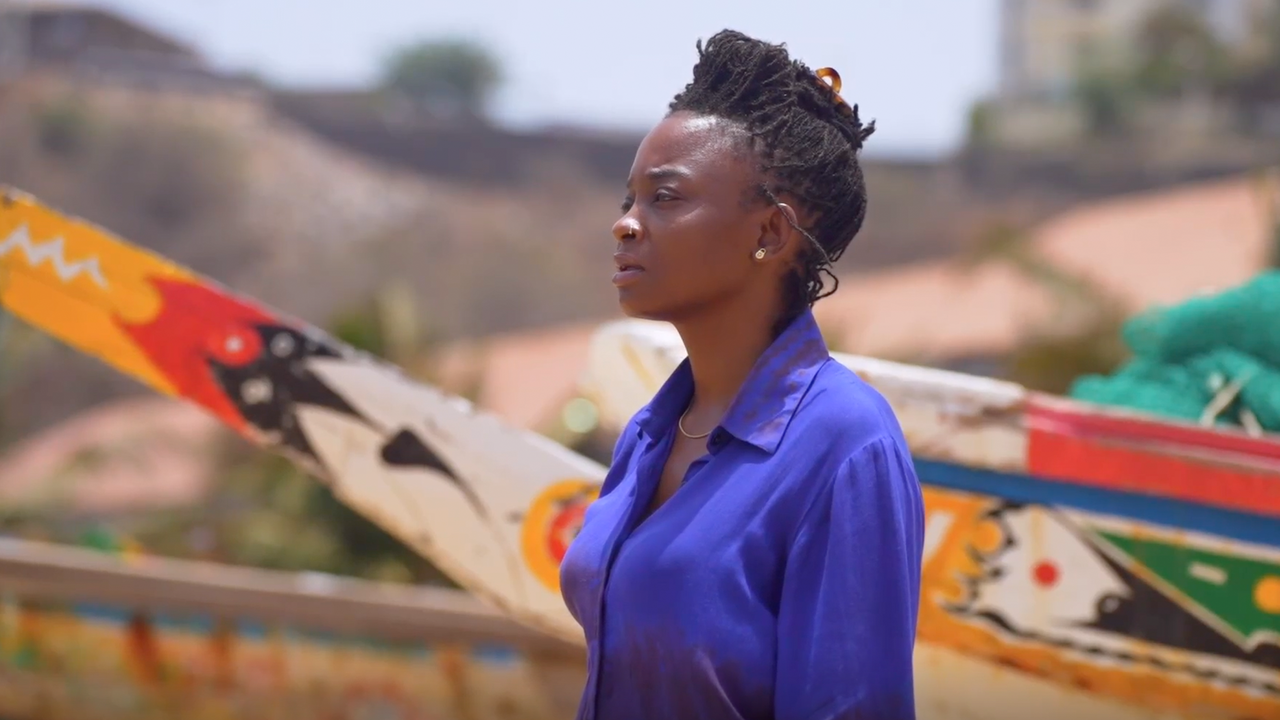South Central
Fox, TV Station
Fox, TV Station
Joan Mosley loses the administrative job she has held for 12 years. She tries to find a new one before her three children find out she's unemployed. Meanwhile, her children are straining at the seams. Hanging over the household is the spectre of Marcus her oldest son, killed in 'gang violence'. There is Andre, who wants a beeper, much to Ms Mosley's consternation. There is Tasha, who wants a new dress. There is Deion, a six year-old foster child, adopted by Ms Mosley. Then there are the neighbours: Sweets, an older woman with a sympathetic ear; Bobby, the manager of the local food co-op, 'Ujaama'; Dr McHenry, Andre's mentor who takes a romantic interest in Ms Mosley. The new TV drama South Central is essentially the narrative of the family and its survival, a narrative mirrored across the history of American television.
'There are no stories in the riots, only the ghosts of stories.' That refrain from Handsworth Songs comes to mind when I think about South Central and its geographic namesake. In the two years since the Los Angeles uprising, there has been an endless and profitable stream of images about black life using the dusty terrain of South Central Los Angeles as a backdrop for violent thrills, poverty chic, and the importance of black entrepreneurial patriarchy. South Central's burnished interiors may look new in this context, but the programme is based on a familiar dramatic model of cultural authenticity defined by ideas about fostering, family, fixed gender roles and obligations.
A hood is about masking space as well as claiming it. This means that what is really interesting about South Central is the way it conceptualises that space. What is at stake when space is understood exclusively as place, rather than movement? How does a territorial understanding of space impact on the relationship of children of diaspora to nationalism? What connects local experiences of black life to global experiences of black life? In South Central, the dialectical tensions between fixity and fluidity and the dramatic tensions of home and homelessness intersect in the Mosley family.
'I am not your sister, young man,' Ms Mosley tells Bobby in one episode. He responds by giving her a part-time job at 'Ujaama'. The political solidarity suggested by the name of the co-op, clashes time and again with the homogenised unity of family in South Central. Mostly the series foregrounds the importance of private space: the strategies black individuals adopt in order to cope with daily life. There are moments when South Central attempts to interpret the crisis of black social life in a way that diverges from its typical construction as a crisis of black masculinity. There are moments too when the conventions of the American sitcom overwhelm those attempts and reinscribe the same tired relationships and roles of, say, the Brady Bunch. At times, South Central seemed to abandon the shallow waters of positive and negative imagery and delve into some kind of social complexity. While its vernacular setting might have accommodated more diverse experiences, the program's narrative constraints worked against that, effacing human differences in favour of a more homogenised cultural authority.
It would have been interesting to see how the series developed. Fox, the network that broadcast South Central and other sitcoms targeting black urban audiences, recently decided to take the show off the air because of poor ratings. Part of the lure of television is that it appears to be an ever shifting channel. Just as South Central's brief life left us questioning the bankruptcy of the narrative conventions it upheld, its disappearance leaves us pondering the question: who continues to manipulate the changes?

















